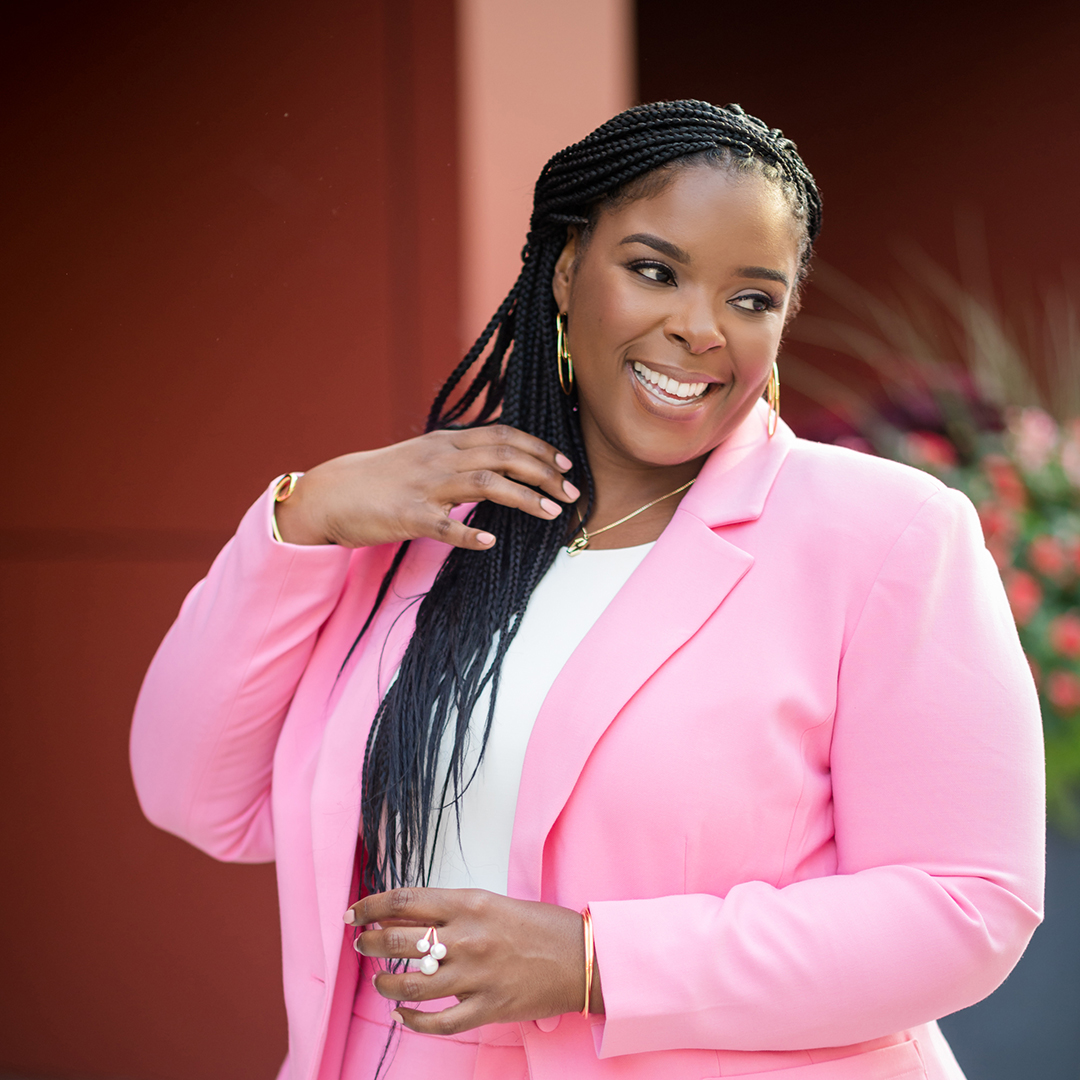 …amidst new waves of political chaos and cruelty, I’m back again—this time with an invitation to build community in a new way, namely to make peers and colleagues of our ancestors.
…amidst new waves of political chaos and cruelty, I’m back again—this time with an invitation to build community in a new way, namely to make peers and colleagues of our ancestors.
CCF + the Social Change Ecosystem with Deepa Iyer
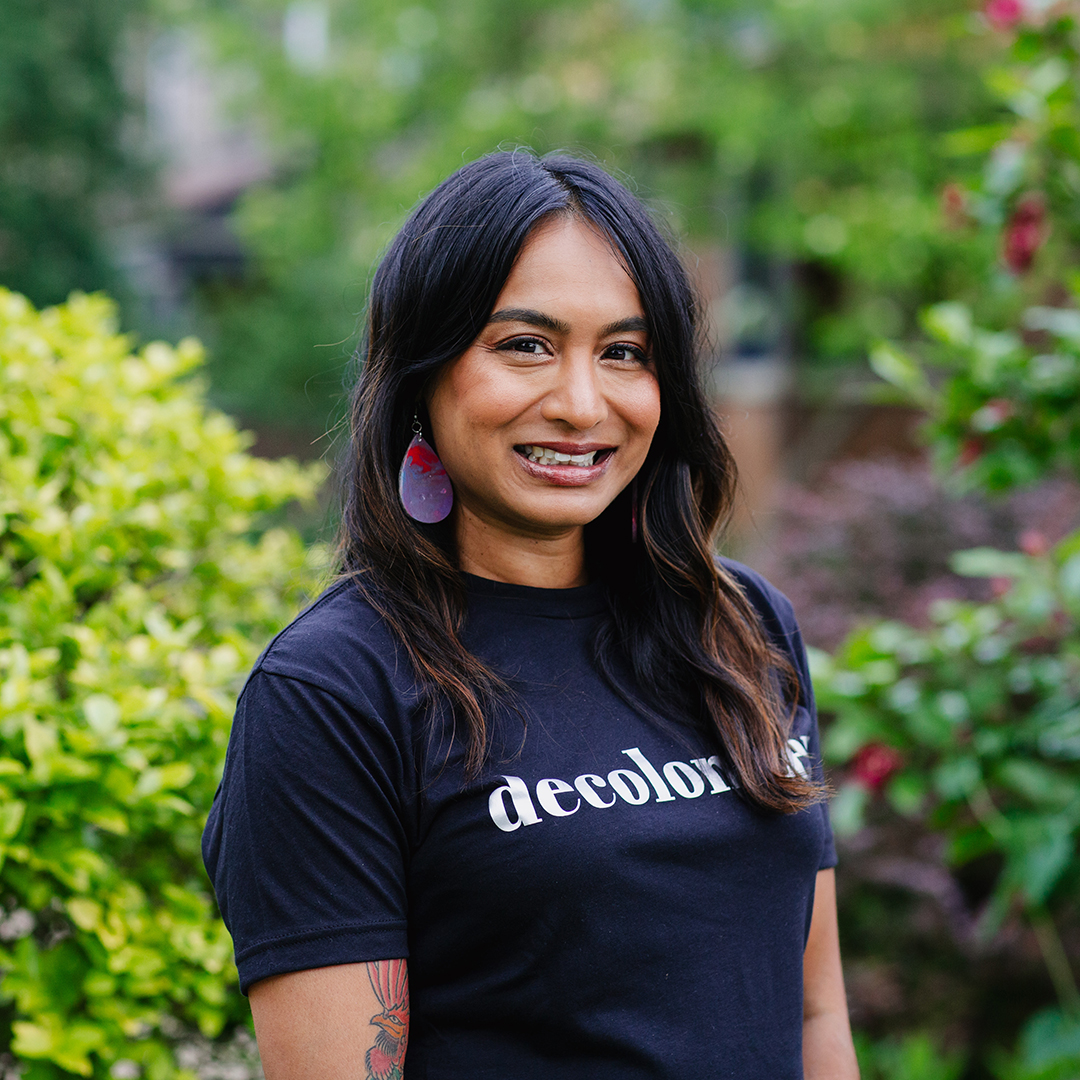 Community-Centric Fundraising’s Rachel D’Souza talked with Building Movement Project’s Deepa Iyer, creator of the Social Change Ecosystem about how to determine your role in the Social Change Ecosystem and what we can all do to meet the challenges our sector currently faces.
Community-Centric Fundraising’s Rachel D’Souza talked with Building Movement Project’s Deepa Iyer, creator of the Social Change Ecosystem about how to determine your role in the Social Change Ecosystem and what we can all do to meet the challenges our sector currently faces.
What are we growing toward? Less about what’s broken, more about what’s possible.
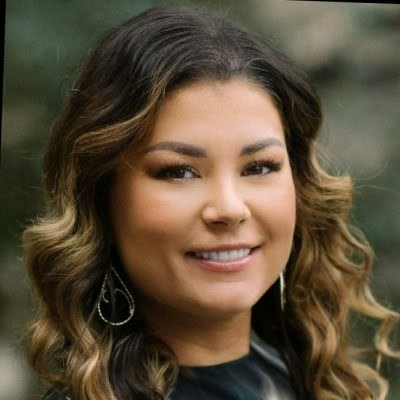 And we know the pieces are shifting. Philanthropy is in flux. DEI efforts are being re-evaluated or quietly shelved. Staff turnover is rattling once-stable institutions. Long-standing funding sources are vanishing. What remains, as my friend Stephanie Green Weizer says, is the “organic matter of our missions”—the values, love, and truth that can’t be extracted or destroyed. From this nutrient-rich core we can build something new.
And we know the pieces are shifting. Philanthropy is in flux. DEI efforts are being re-evaluated or quietly shelved. Staff turnover is rattling once-stable institutions. Long-standing funding sources are vanishing. What remains, as my friend Stephanie Green Weizer says, is the “organic matter of our missions”—the values, love, and truth that can’t be extracted or destroyed. From this nutrient-rich core we can build something new.
We live with abundance. Philanthropy scarcity is fake news.
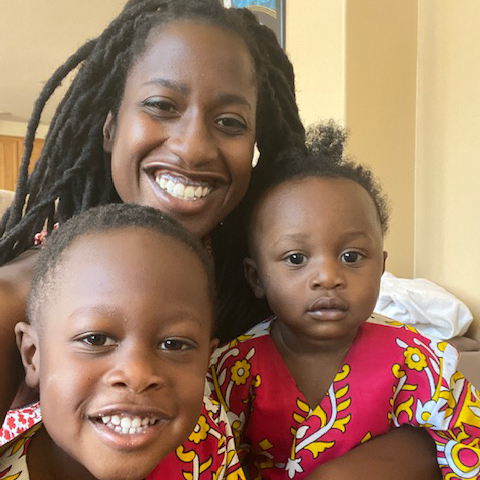 The narrative about philanthropy being about charity needs to change. People need to become aware that we are investing in our own futures and in our own collective prosperity.
The narrative about philanthropy being about charity needs to change. People need to become aware that we are investing in our own futures and in our own collective prosperity.
There has never been a more powerful moment to reimagine our entire industry. First, we need to face the facts.
 What will shake enough people from the dream that any of this is working for anyone, so that we gain the momentum to build the frameworks that can take us into a different future?
What will shake enough people from the dream that any of this is working for anyone, so that we gain the momentum to build the frameworks that can take us into a different future?
Finding our way together: Joining the CCF Movement through the roles of the Social Change Ecosystem
 But what if those of us in the CCF movement identified and owned our roles on the Social Change Ecosystem Map? What if we worked together — wherever we are with whatever resources we have to give — and trusted others in our movement community to take up space? The possibilities of change make me feel absolutely euphoric.
But what if those of us in the CCF movement identified and owned our roles on the Social Change Ecosystem Map? What if we worked together — wherever we are with whatever resources we have to give — and trusted others in our movement community to take up space? The possibilities of change make me feel absolutely euphoric.
It’s time allies step up by stepping back
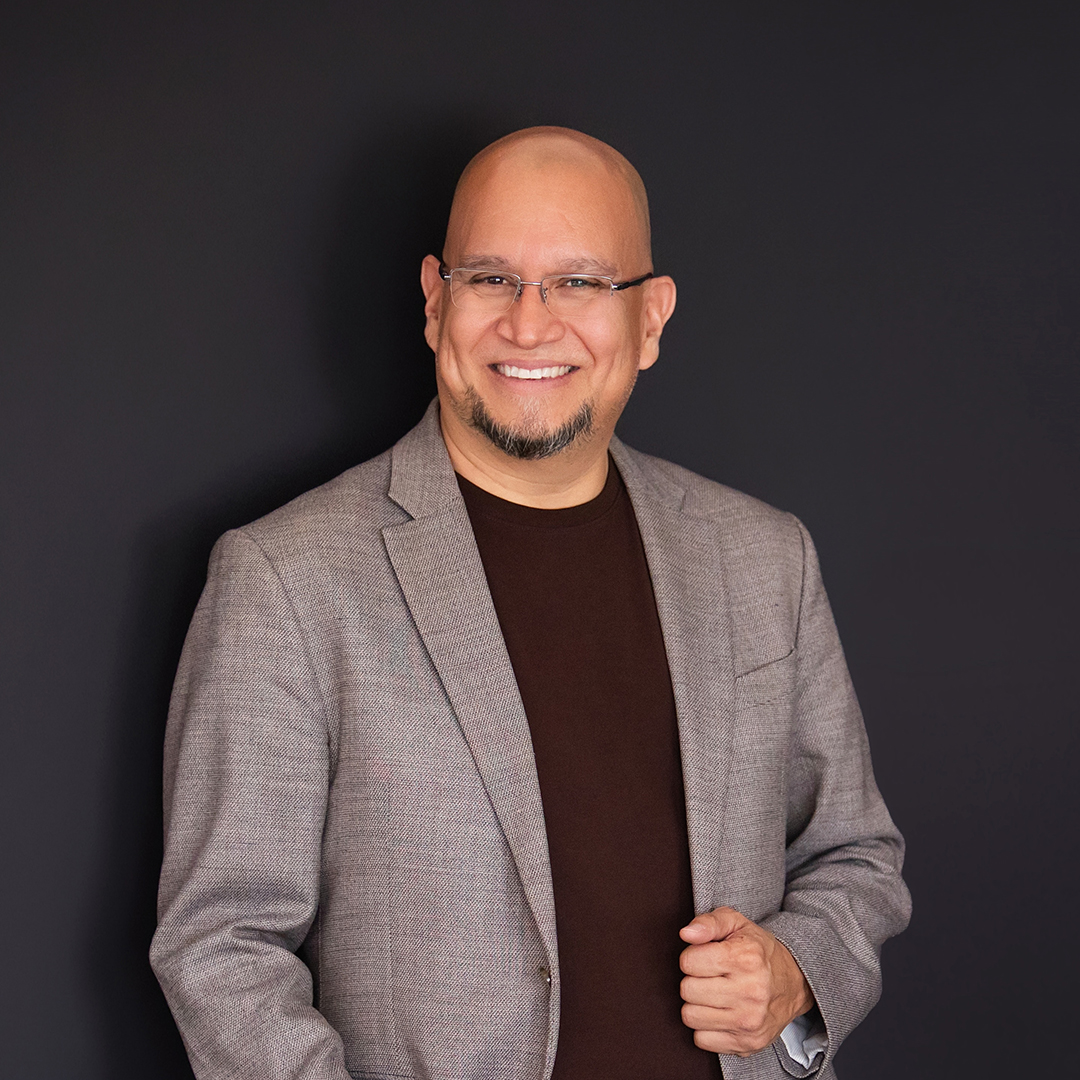 …in this moment, the student suddenly felt, with no reservation, empowered to teach on a subject – a subject he himself has said that he is still learning. This is white privilege in its truest form.
…in this moment, the student suddenly felt, with no reservation, empowered to teach on a subject – a subject he himself has said that he is still learning. This is white privilege in its truest form.
Where do we go from here? Introducing the Social Change Ecosystem as a framework for Community-Centric Fundraising
 If we know that we cannot — and should not — be everything to everyone, how will we get our communities what they need while preserving our energy for the long fight ahead? Now is the time to radically reimagine what could be when we embrace our role in the Social Change Ecosystem.
If we know that we cannot — and should not — be everything to everyone, how will we get our communities what they need while preserving our energy for the long fight ahead? Now is the time to radically reimagine what could be when we embrace our role in the Social Change Ecosystem.
Once upon a whisper in the wind: A CCF origin story
By Dāna James and Naseem Kapdi
 Once upon a time—not in a castle, but in a fogged-up café tucked away in Seattle—nine fundraisers gathered around a wobbly table, laughter too loud for the space, mugs clinking instead of glasses.
Once upon a time—not in a castle, but in a fogged-up café tucked away in Seattle—nine fundraisers gathered around a wobbly table, laughter too loud for the space, mugs clinking instead of glasses.
The catalyzing synergy of anger and hope
 …what’s gotten me out of bed and into a posture of action is when I can both acknowledge and grieve for what’s at stake, and hold tight to what’s possible. In these types of conditions, to hope is to resist.
…what’s gotten me out of bed and into a posture of action is when I can both acknowledge and grieve for what’s at stake, and hold tight to what’s possible. In these types of conditions, to hope is to resist.
If we have to work to support our families, work should support our families: a call for Paid Family Leave across the sector
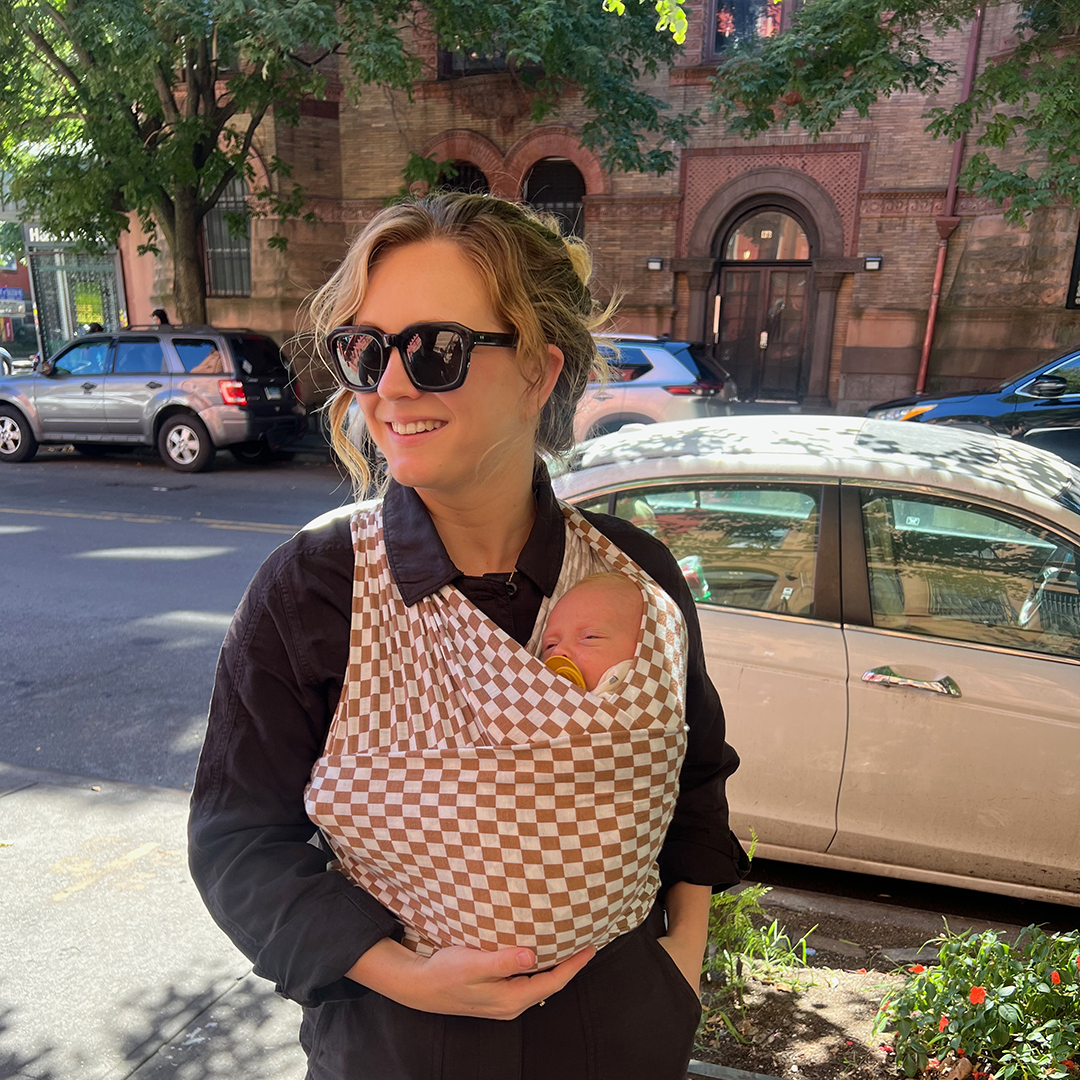 …as of March 2023, only 27% of civilian workers had access to paid family leave through their employer. Among the lowest-paid people, that number shrinks to just 6%. Cue the mom rage.
…as of March 2023, only 27% of civilian workers had access to paid family leave through their employer. Among the lowest-paid people, that number shrinks to just 6%. Cue the mom rage.
How are we living our CCF value of courage in this moment?
 I ask all of us to reflect on that value of courage and consider: How are we living up to our value of courage in this space, context, and moment? And how are we falling short of living up to our value of courage in this space, context, and moment?
I ask all of us to reflect on that value of courage and consider: How are we living up to our value of courage in this space, context, and moment? And how are we falling short of living up to our value of courage in this space, context, and moment?
